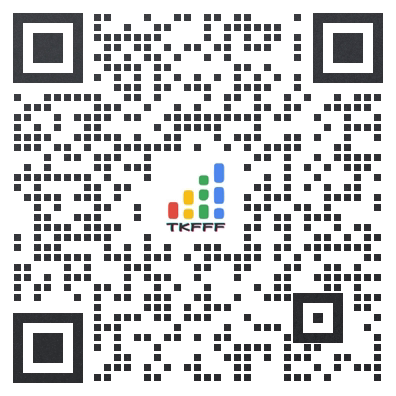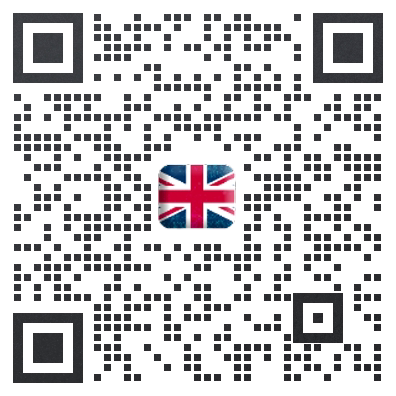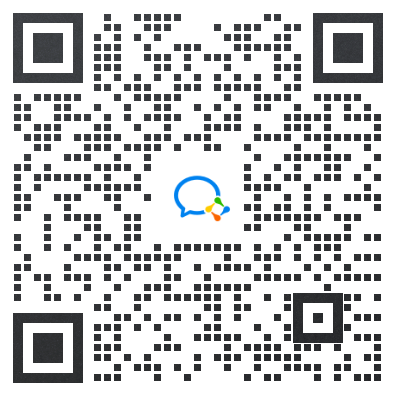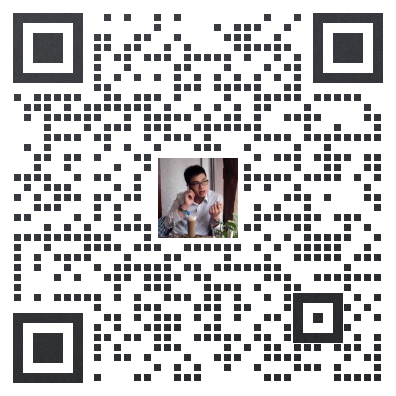The popular social media platform TikTok has been banned in Nepal for the past seven months. A cabinet meeting held on November 13 last year decided to impose this ban, sparking controversy and widespread criticism across the country. Despite public outcry, the government has not yet revoked the decision. Responding to queries from lawmakers on Thursday, Minister for Information and Communication Technology Rekha Sharma stated that there would be no objection to operating TikTok or any other social media platform if they comply with Nepal’s laws and are acceptable to society. During a meeting of the parliamentary Committee on Development, Economic Affairs, and Good Governance under the National Assembly, she further explained that the government had to ban TikTok because it was producing and broadcasting content that promoted unethical activities in society. Minister Sharma, who is also the government’s spokesperson, emphasized that the government, being a law-abiding entity, did not ban TikTok out of bias or prejudice. She further explained that, as Nepali families and society are rooted in Eastern philosophy, social media should be used in a way that aligns with social norms.
However, the government’s actions do not align with its words. Despite repeated expressions of readiness by TikTok to follow existing government rules and regulations, government agencies do not seem concerned about reopening this social media platform. The hearings on the writ petitions filed against the TikTok ban are also being repeatedly deferred. This is concerning as the ban is not only arbitrary but also a serious violation of the freedom of expression guaranteed by the Constitution of Nepal, 2015. Article 19 of the Constitution of Nepal 2015 explicitly prohibits censorship of news items, editorials, features, or any form of communication, including electronic publication. However, it also allows for the formulation of legislation to regulate radio, television, online platforms, or any other digital or electronic means of communication. This provision recognizes the need for regulations that ensure responsible and ethical use of these platforms without compromising the principles of democracy. TikTok, in a short span of time, has become a global sensation and has been embraced by people of all ages, backgrounds, and socio-economic strata in Nepal. It serves as a platform for information, education, entertainment, and inspiration.
The decision to ban TikTok is not just a blow to users but also has severe economic consequences, particularly for Nepali content creators and businesses that heavily rely on the platform for marketing and sustaining their operations. In response to concerns about its content and safety measures, TikTok has communicated with the Nepal Telecommunications Authority (NTA)—the government regulatory body of internet service providers—and has expressed readiness to further strengthen collaboration with the government to address its concerns. Blocking a widely used platform for creative expression undermines the principles of freedom of speech and expression, a cornerstone of democracy. In light of TikTok’s proactive measures and commitment to cooperation, we urge the government authorities in Nepal to reconsider their decision. Rather than imposing a blanket ban, the government should explore the option of introducing new legislation that aligns with democratic principles and strengthens the partnership between the government and TikTok for responsible content regulation. This approach ensures the protection of civil liberties, upholds democratic values and fosters a collaborative environment for the benefit of all stakeholders involved.
文章来源:myrepublica


TKFFF公众号
扫码关注领【TK运营地图】

TKFFF合作,请扫码联系!







 闽公网安备35021102002035号
闽公网安备35021102002035号